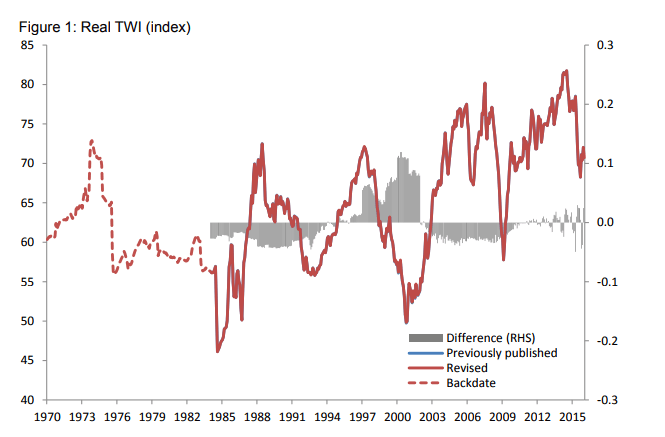
Despite the various proclamations that we are living in an age of increasing footloose behaviors and we are going to have multiple careers throughout our life, the prospect of losing one’s job still has many of the pangs associated with other forms of grief. Indeed, losing your job is perhaps the toughest thing you can ever face, with damage not only in the immediate aftermath but over a prolonged period of time.
Around 50% of American workers over 50 years old are at risk of redundancy. The research, which was conducted by ProPublica and the Urban Institute, grimly tells us that this cohort is being pushed out of jobs held for some time before retirement causing the kind of financial damage that is irreversible.
Acting now
At the later stage in your career, the chances are that you may have developed a degree of financial security, and this can hinder your efforts to reinvent yourself as it removes the sense of urgency that is required to successfully transition into a new career. What is more, you may also be lulled into a false sense of security by the skills and experience that you have built up over the years.
Valuable though these skills may have been in your old career, there’s no guarantee that they will be equally valuable in your new one. This narrow focus and intense specialization may have worked in the past, but careers are changing, and the stability and security that typified the work-life when you were growing up are increasingly being consigned to the dustbin of history.
Now, skills such as adaptability and agility are far more important, with organizations relying heavily on cross-functional teams where collaboration and emotional intelligence will come to the fore. Here are a few things you can do to make a successful transition:
- Forget your titles – Chances are that your old career came with a good dose of prestige, with titles and all that came with them attached to your seniority. Those are lovely, but they are holding you back from moving on. It is far healthier to think akin to a film director who goes from project to project. Your past work was nice, but this is a new you, applying yourself in new ways.
- Develop your portfolio – As you will no longer be able to rely on your title to open doors for you, it is important that you start to develop a portfolio of projects to showcase your skills. In this transitionary period, these can be projects outside of work. Not only will they give your life a renewed purpose, but you will almost certainly develop a wide range of invaluable skills too.
- Adjust your outgoings – If you have high expenses, it can be tempting to jump into the first opportunity that presents itself, just to get some money coming in, but it is quite likely that this will be a bad choice. If you can build up some savings so that you can go for the right opportunity rather than the first opportunity then you are likely to be happier in the long-run.
- Embrace the unexpected – Volatility, uncertainty, complexity and ambiguity (VUCA) has become a bit cliched in the business world, but the essence of uncertainty and volatility do nonetheless ring true. You will need to be agile and open-minded to make the most of your new-found freedom, so consider fresh ways to stretch yourself and develop new skills.
- Develop a love of learning – When you achieve a certain level of seniority it is tempting to rest on your laurels, but the world waits for no one, so it is vital that you are learning each and every day. There are countless opportunities to do this, from books, blogs and massive open online courses (MOOCs). You might even find mentoring young people can be a great way to learn from them as much as they from you. Admit where your knowledge has holes and work to plug them.
The chances are, your previous status gave your life a certain narrative, with your role and title key parts of that story. Now, you have the opportunity to craft a completely new narrative, and it is important that you spend time thinking about what that is. When you meet people, this is your point of entry into the conversation. You will be telling this story as your introduction to you to each new person you meet.
A stable job for life is arguably a thing of the past, so the ability to pivot one’s career and adapt to the changes in the market are likely to be valuable skills to learn. If you have to learn them later in your career, then so be it. In this way, the stability in your life comes not from your employer, but from within you, which is an altogether healthier place to be.
[“source=forbes”]





















